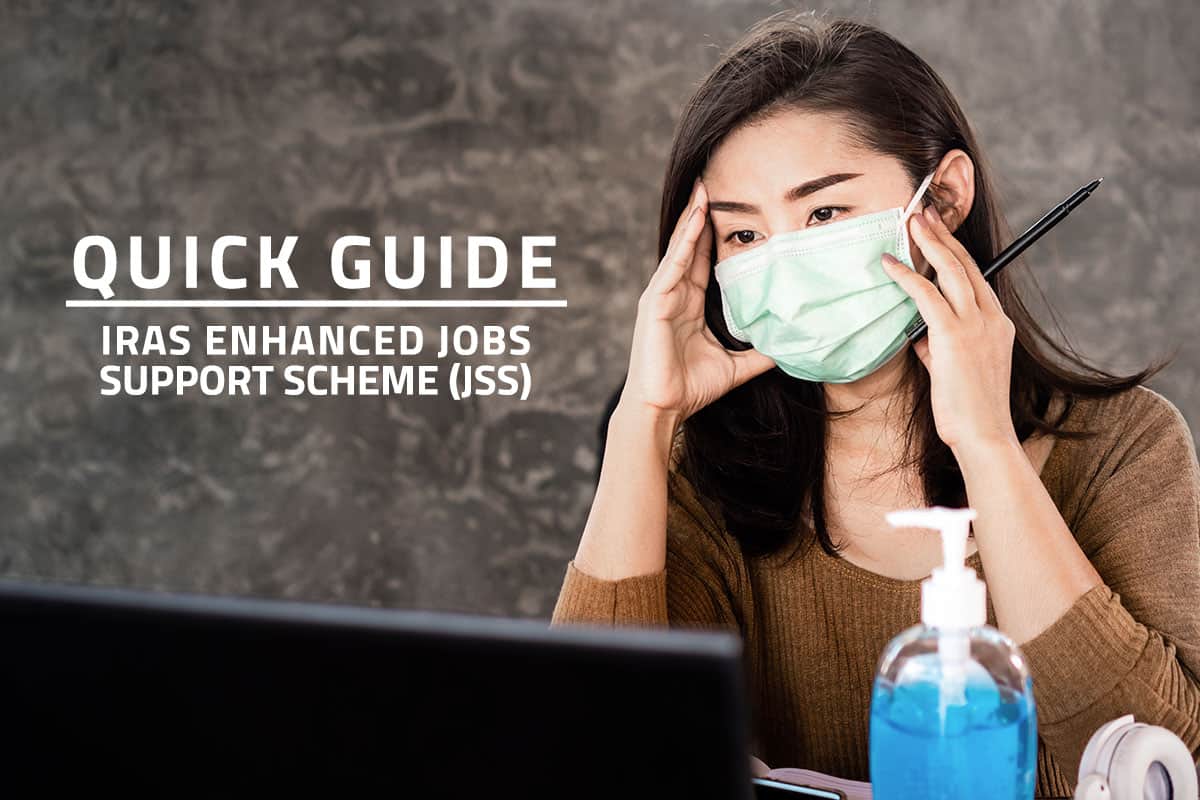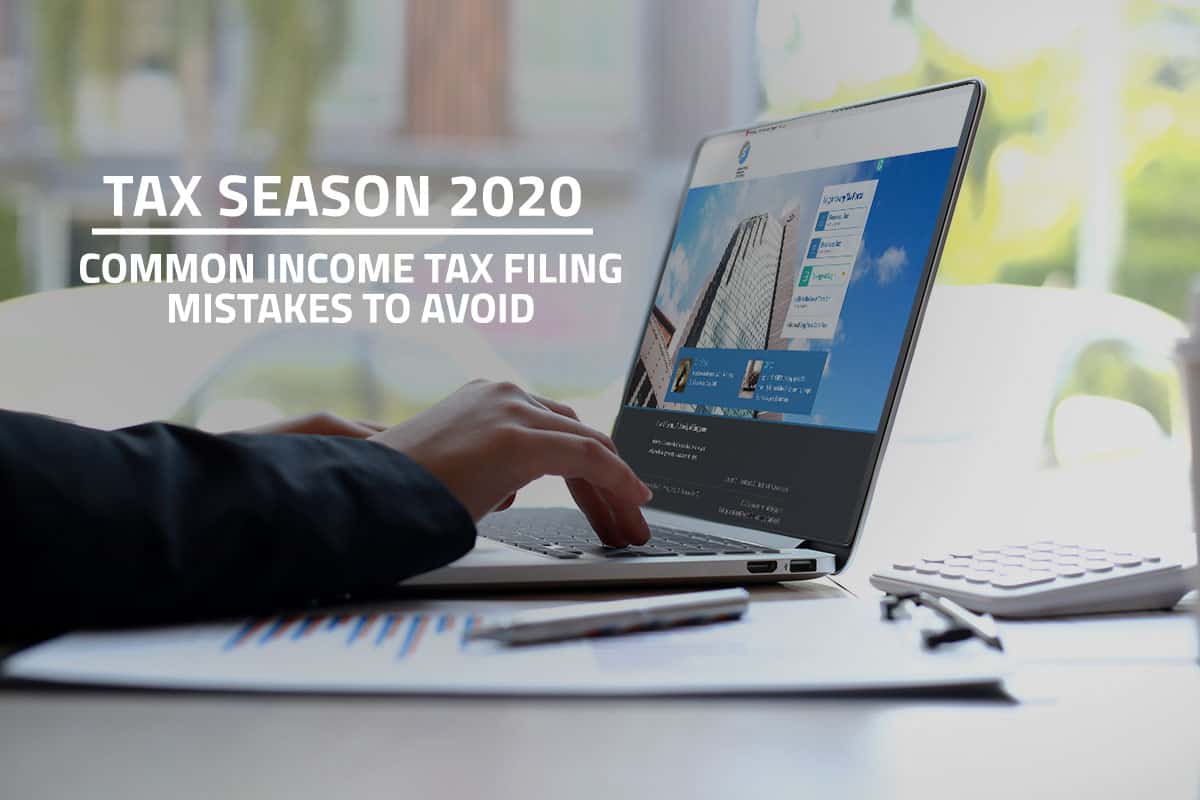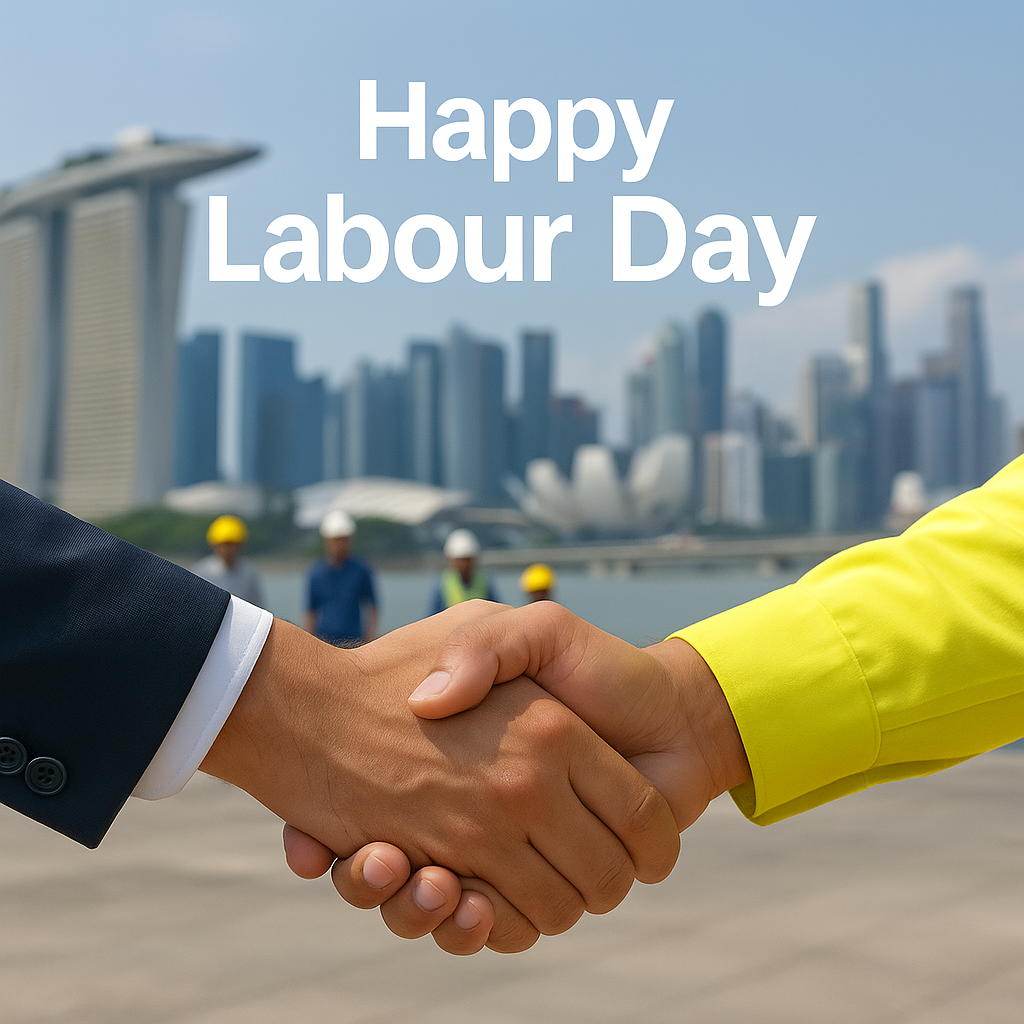By law, all Singapore Companies are required to file annual income tax returns to the Inland Revenue Authority of Singapore (IRAS) and pay income tax at the prevailing local corporate tax rate charged on chargeable income. To help Singapore companies and businesses remain competitive by global standards, the local government offers various tax relief, deductions and schemes every year. Among these corporate tax-saving opportunities is the option to claim capital allowances.
Singapore Corporate Tax Filing YA2020 Deadline
Singapore companies are required to e-file their Corporate Income Tax Returns for YA2020 before 15 December 2020. This is the last year companies may e-file before the extended deadline as the e-filing deadline for YA2021 has been adjusted to 30 November 2021. All companies are required to submit Form C or Form C-S via mytax portal.
Capital Allowances: Brief overview
Capital allowances are deductions claimable for the wear and tear of qualifying fixed assets such as industrial machinery and office equipment. The amount incurred which may be qualified as capital allowances can be deducted against chargeable business income, ultimately lowering corporate taxes payable. Any person engaging in a trade or corporate entity deriving business income can claim capital allowances as a deduction against income earned.
How to Calculate Capital Allowances
Section 19A of the Income Tax Act specifies the methods for computing the exact amount of capital allowances to be claimed for each YA. This is dependent on the type of asset purchased. Below are the key methods prescribed:
- 100% write off in one year – Computers, low-value assets (less than SGD5,000 in value) and prescribed automation equipment such as printers may be claimed in full in the year of purchase. For example: if you had bought SGD50,000 worth of laptops for your employees in 2019, the full amount can be used to deduct chargeable income for YA2020. Note that the total claim for a low-value asset cannot exceed SGD30,000 for any YA.
- Write off over three years – The amount incurred for all assets that qualify for capital allowance can be claimed as deduction over 3 YAs. The same amount is claimed each year. For example, if a company purchased qualified equipment for SGD90,000 in 2019, The capital allowance to be claimed is SGD30,000 for each respective YA2020, YA2021 and YA2020.
- Write off over two years – as part of the Singapore Budget 2020 announcement, the local government provides businesses with the option to claim capital allowance over 2 years instead of 3 years. 75% of the cost is claimed on the first year of purchase, while the remaining 25% of the cost is claimed on the 2nd year of purchase. For instance, if a company purchased qualified equipment for SGD100,000 in 2020, SGD75,000 can be claimed as capital allowance in YA2021 while SGD25,000 is claimed in YA2022.
Section 19 of the Income Tax Act prescribes claiming capital allowance over the working life of assets, which is fixed at a standard 6, 12 and 16 years. For instance, businesses may elect to claim capital allowance over 6 or 12 years if the equipment is deemed to have a working life of 12 years or less. Businesses may elect to claim capital allowance over 6, 12 or 16 years if the equipment is deemed to have a working life of 16 years or less. The choice lies with businesses but once a decision is made on the working life, it is irreversible. On the first year of purchase, 20% of cost of asset is claimed while the remaining 80% is spread out over the remaining life of assets.
Generally, Private cars (S-plated cars), RU-plated cars and company cars (Q-plated or S-plated cars) are not qualified for capital allowance. Costs of other motor vehicles such as vans, lorries and motorcycles acquired for business use would qualify for capital allowances under Section 19 or 19A of the Income Tax Act. Capital expenditure incurred on a car registered outside Singapore and used exclusively outside Singapore for business purposes will be granted capital allowance.
PWCO is a qualified tax professional services firm with over 30 years of experience in the industry. The firm keeps up to date with the latest IRAS legislative changes and can ease your corporate tax filing procedures. Seeking advice from our tax experts can ensure Singapore companies enjoy the maximum benefits of IRAS tax incentives and remain in full compliance with the local tax legislation.
A qualified tax professional with in-depth knowledge of available tax incentives, rebates, reliefs and schemes can guide businesses and companies to maximise tax savings and improve their cash flow this Corporate Tax season 2020.
Related Posts
Quick Guide: IAS 20 – Accounting for Government Grants
This year, the COVID-19 crisis has adversely impacted the global economy. Singapore is no exemption,…
Singapore Guide: ISCA FRB 6 – Accounting for Jobs Support Scheme
This year, the COVID-19 pandemic has inevitably adversely impacted the global economy. Singapore companies and…
Quick Guide: Singapore’s Enhanced Jobs Support Scheme (JSS)
The Singaporean government launched the Jobs Support Scheme (JSS) in late April as part of…
Tax Season 2020: Income Tax Filing Mistakes to Avoid
The income tax filing process for Singapore individuals and employees has changed as a result…












